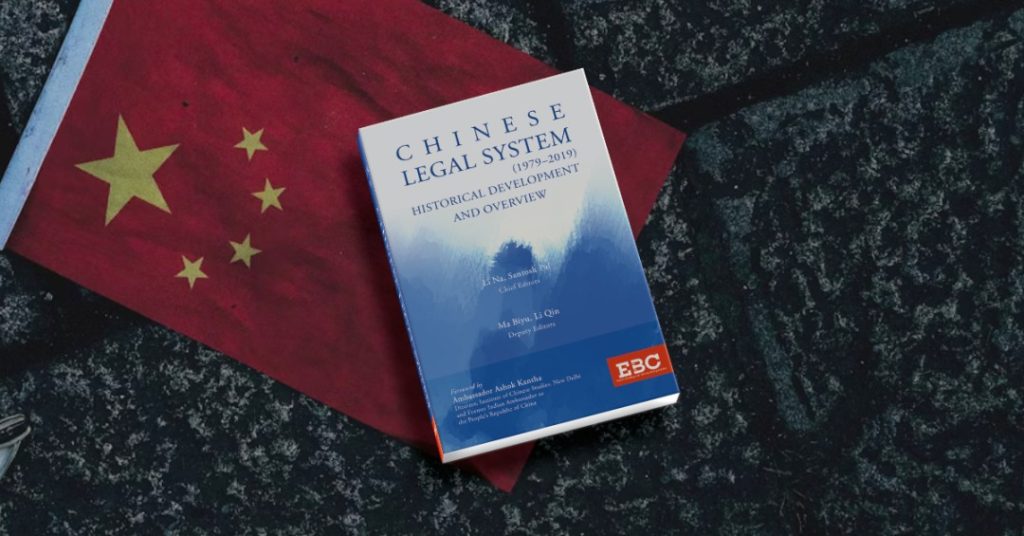
If you’ve ever wondered how a country as powerful and complex as China manages its legal affairs, you’re not alone. With global headlines often circling around China’s economy, politics, and diplomacy, its legal system is something many people hear about but rarely understand.
So, whether you’re a law student, a curious learner, or someone just trying to make sense of how laws work in different parts of the world—this guide is for you.
What Is the Chinese Legal System?
At its core, the Chinese legal system is a civil law system heavily influenced by socialist principles. That means it’s not built on judicial precedents like in common law systems (think the US or UK), but rather on written laws and regulations passed by the legislature.
Key Features:
- Rooted in the Constitution of the People’s Republic of China
- Operates under the leadership of the Communist Party of China (CPC)
- Emphasizes social order, state control, and national unity
- Focuses more on codified statutes than on court rulings
How Is It Structured?
Here’s a simplified look at the Chinese legal system structure:
| Branch | Role |
|---|---|
| National People’s Congress (NPC) | Highest legislative body in China |
| Standing Committee of the NPC | Drafts and enacts laws when NPC is not in session |
| Supreme People’s Court | Highest judicial authority |
| Local People’s Courts | Handle civil, criminal, and administrative cases |
| Supreme People’s Procuratorate | Supervises courts and public security organs |
Each of these organs has its role, but all operate within the larger political framework led by the CPC. This centralized legal structure is quite different from what students in India or the West are used to.
So, How Are Laws Made?
Laws in China are formally passed by the NPC and its Standing Committee. The CPC, however, has significant influence over what gets proposed and passed.
Once a law is enacted, it’s applied uniformly across the country. Interpretation is often left to government agencies, not courts. Unlike systems where judges create law through decisions, Chinese courts primarily apply the written law as it stands.
How Does It Compare to the Indian Legal System?
| Feature | China | India |
| Type of System | Civil Law (Codified) | Common Law (Precedent-based) |
| Judicial Independence | Limited (party-led oversight) | Strong separation of powers |
| Role of Political Party | Central role by CPC | No political control over judiciary |
| Law-Making Authority | National People’s Congress | Parliament |
| Court Decisions | Not a source of law | Supreme Court judgments are binding law |
Why Understanding China’s Legal System Matters for India
India and China may have different political ideologies and legal traditions, but their roles as Asia’s two largest economies make it essential for Indian stakeholders to understand how China’s legal framework operates.
Key Benefits for India:
- Better Trade Negotiations
India’s growing trade with China means Indian exporters, importers, and investors must understand Chinese contract law, dispute resolution mechanisms, and regulatory processes to avoid legal roadblocks or losses. - Strategic Legal Benchmarking
India can observe how China enforces laws related to data privacy, e-commerce, and foreign investment, and use these insights to shape or adjust its own regulatory policies. - Cross-border Legal Collaboration
As global legal issues like cybercrime, intellectual property, and environmental law become more prominent, understanding China’s legal responses can help Indian policymakers craft cooperative frameworks and treaties. - Academic and Legal Research Exchange
Legal scholars, students, and institutions in India benefit from comparative law studies. Exploring the evolution of China’s legal system—especially post-1979 reforms—offers valuable lessons for India’s own legal modernization. - Corporate Expansion & Risk Management
Indian companies planning to enter Chinese markets (or compete with Chinese firms) must understand China’s corporate governance, licensing laws, and compliance environment. This reduces legal risk and improves decision-making.
Why Should You Care in 2025?
China is the second-largest economy in the world and a major player in global trade, law, and diplomacy. Understanding how its legal system works is useful if you:
- Study international law or business
- Follow geopolitics or trade
- Are interested in tech regulation, data privacy, or corporate law globally
In short, if you’re navigating a world that’s increasingly interconnected, you can’t afford to ignore how China operates legally.
By diving into how China’s legal structure functions—whether through briefings, comparative studies, or authoritative texts like the book Chinese Legal System 1979–2019—Indian professionals and students can gain an edge in both regional understanding and global legal fluency.
















